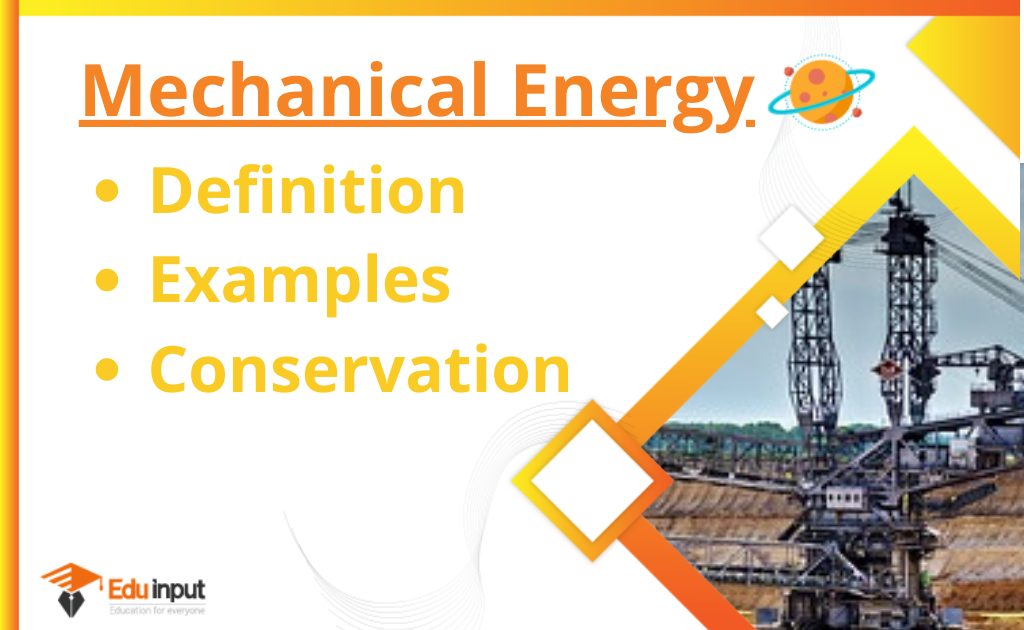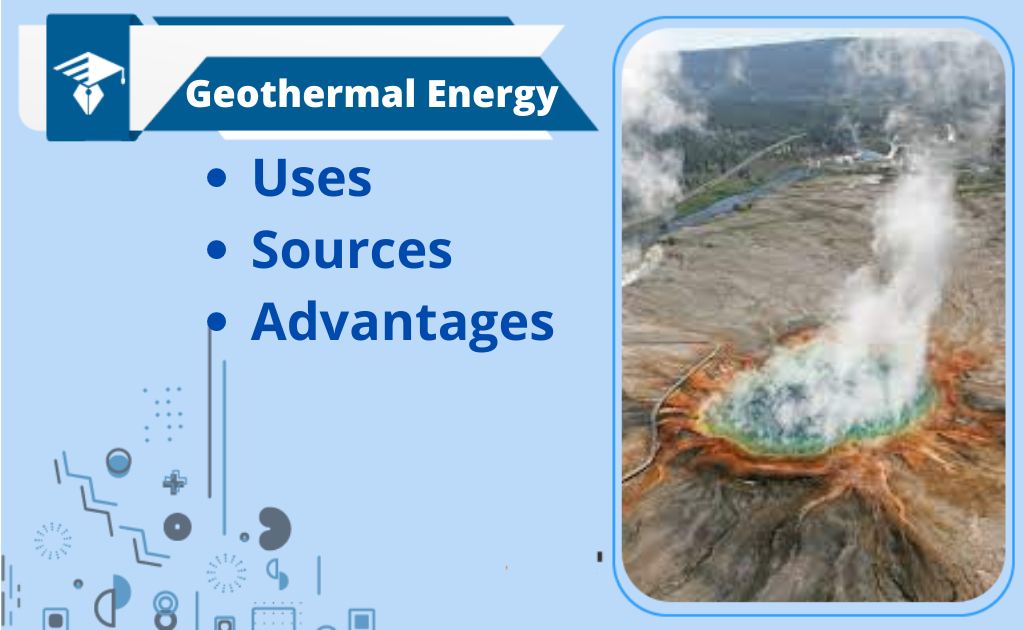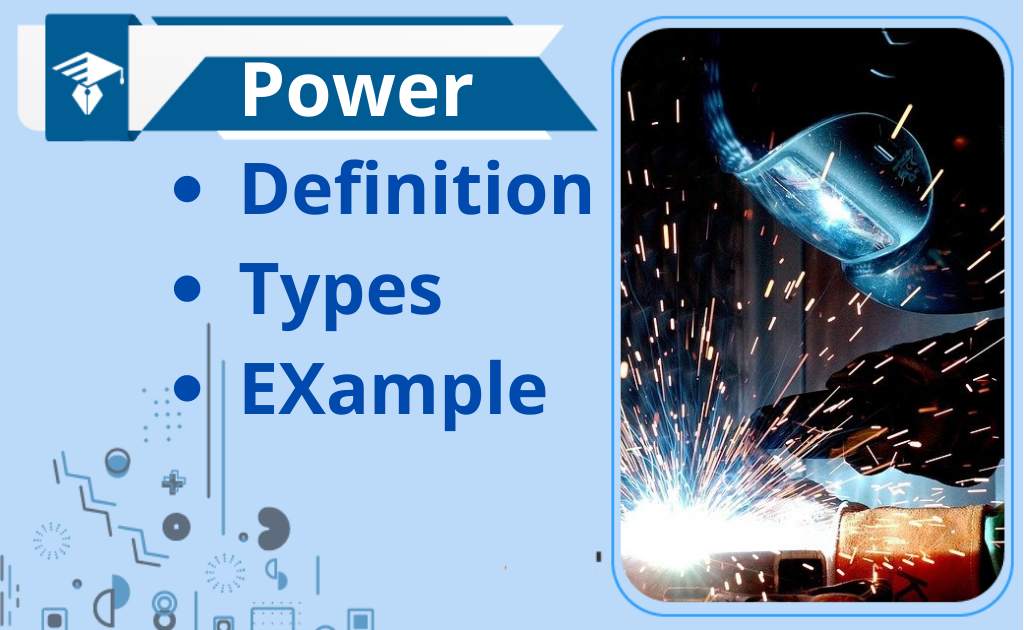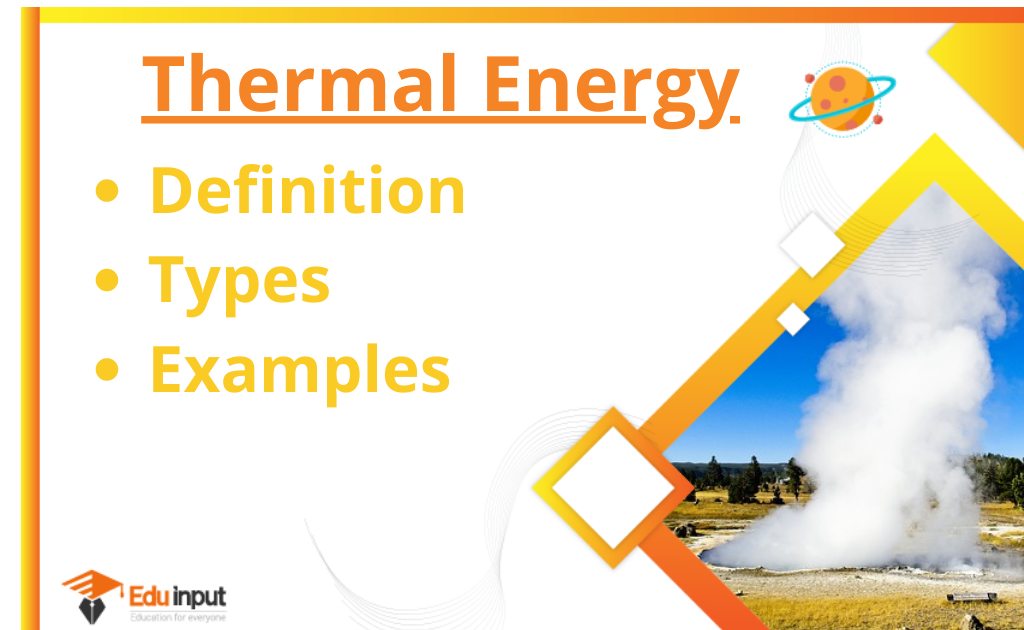Solar Energy-Examples And Benefits
Solar energy is one of the fastest and cleanest methods of producing electricity. It is used to generate electricity using the principle of the photovoltaic cell.
Solar Energy
It is a form of non-conventional energy. The Earth receives a huge amount of energy directly from the sun each day. Solar energy at normal incidence outside the Earth’s atmosphere is about 1.4 km-2 which is referred to as the solar constant.
While passing through the atmosphere, the total energy is reduced due to reflection, scattering, and absorption by dust particles water vapors, and other gases. On a clear day at noon, the intensity of solar energy reaching the Earth’s surface is about 1 kW-2.
It is the power produced by sunlight that is stored in various forms and used to produce electricity. In today’s world, we all are living on the energy produced by the sun, and we are using it to live our lives without giving any thought to the source of energy.
It is one of the most important sources of energy that we are using now. There is no doubt that the use of solar energy is not going to stop anytime soon because there is no other alternative source of energy that is cheaper and provides us energy when needed.
It is one of the best sources of energy that we are using to produce electricity for our home appliances, cars, and other electrical products. It has the potential to change the world and provide us with an alternative source of energy.
Solar Energy Examples
There are many examples of solar energy.
Solar water heater
This energy can be used directly to heat with the help of large solar reflectors and thermal absorbers. It can also be converted to electric current. In one method the flat plate collectors are used for heating water. It has a blackened surface that absorbs energy directly from solar radiation. Cold water passes over the surface and is heated up to about 70°C.

Much higher temperature can be achieved by concentrating solar radiation on the small surface area by using huge reflectors (mirrors) or lenses to produce steam for running a turbine.
Solar Cell
The other method is the direct conversion of sunlight into electricity through the use of semiconductor devices called solar cells also known as photocells.
Solar cells are thin waters made from silicon. Electrons in the silicon gain energy from sunlight to create a voltage. The voltage produced by a single voltaic cell is very low.
To get sufficient high voltage for practical use, a large number of such cells are connected in series forming a solar cell panel.

The first solar panel was invented in 1879 by the Swedish inventor Alfred Nordmeyer, and it was used to generate electricity. The use of solar energy is still limited to the production of electricity, but many applications are being developed for solar energy.
For cloudy days or nights, electric energy can be stored during the sunlight in Nickel-cadmium batteries by connecting them to solar panels. These batteries can then provide power to electrical appliances at night or on cloudy days.
Solar cells, are expensive but last a long time and have low running costs. Solar cells are used to power satellites having large solar panels which are kept facing the sun. Other examples of the use of solar cells are remote ground-based weather stations and rainforest communication systems. Solar calculators and watches are also in use nowadays.
How does solar energy work?
Solar energy is one of the cleanest and safest sources of energy that we are using for lighting, cooking, and heating. The most significant benefit of solar energy is that it is free and the only cost that we will pay is the maintenance and repair of the panels.
Solar energy is available everywhere, and it can be used to supply energy for any household appliance. However, solar energy is not suitable for all types of devices, as it needs a minimum of direct sunlight.
Solar energy is one of the most efficient methods of producing electricity, and it is one of the best and cleanest energy sources. The major advantage of solar energy is that it can be used to meet the needs of the growing population, as there is a limitless source of energy.
Benefits of Solar Energy
Solar energy is a free source of energy, and you don’t need any fossil fuels for using it. There are several advantages of using solar energy for electricity and heating.
1. No pollution:
The use of solar energy does not produce any kind of pollution. The only thing you will get is heat from the sun. You can’t imagine how clean this is!
2. Easy to use:
There are several types of solar panels available for producing electricity. These panels are compact, light, and can be moved anywhere. They are easy to install and you don’t need any expert for them. You just need to connect it to the grid.
3. Environment friendly:
Using solar energy will help in saving the environment. It will reduce the amount of carbon dioxide and other harmful gases that are released into the atmosphere.
4. Affordable:
Using solar energy is cost-effective. You can buy solar panels for your house or office and start producing electricity. Solar panels can be installed in almost all places.
5. No fuel required:
You don’t need to buy fuel for your home. Using solar energy will help you to reduce your expenses and will also help you to save your money. You don’t have to spend any amount on buying electricity.
6. Time efficiency:
Solar energy is time efficient. You can use this energy even at night and it will start working and generate energy. You can also use it for heating your home.
7. Long life:
There is no limit to the life of a solar panel. You can use this panel for years together. A solar panel will be useful for a lifetime.
8. Save money:
Using solar energy will help you to save money. You will not have to buy fuel for your home; you will be saving the amount of money that you are spending on electricity.







Leave a Reply